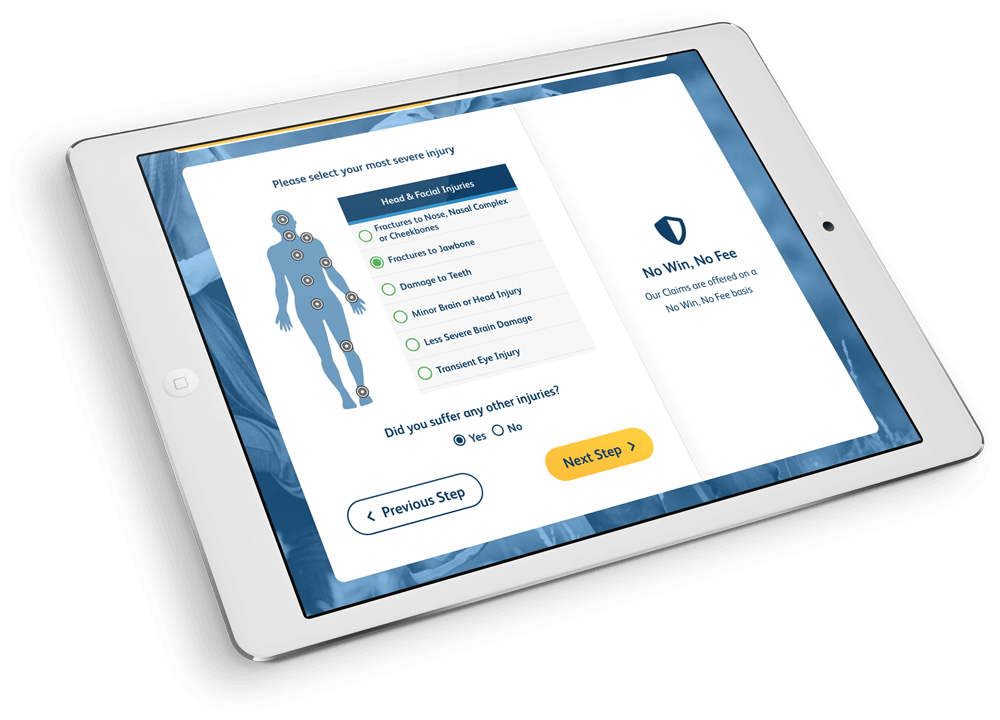Experts warn that legal highs will kill more people than heroin within two years
The Centre for Social Justice has released a report this week warning about the rapidly growing problem of legal highs, and what needs to be done to help those addicted before it becomes too late.
What is the problem?
Legal highs (also called new psychoactive substances or NPS’) are designed to produce similar effects to traditional illegal drugs such as Cocaine, Heroin, MDMA or Amphetamines.
They are frequently labelled as ‘not safe for human consumption’ as a means of circumventing the UK Medicines Act 1968.
The drugs were linked to 97 deaths in 2012, however experts warn this could top 400 deaths in 2016.
Hospital admissions due to legal highs rose by 56% between 2009 and 2012.
The UK has the highest youth legal high use in Europe.
More than 350 substances once classed as legal highs have been banned by the government. However new drugs flood the market quicker than they can be banned. The current estimate is that there are about 25 legal high substances in the UK.
The CSJ has stated that FRANK, the government’s flagship drug and alcohol prevention programme, is ‘shamefully inadequate’, as only 1 in 10 children would call the FRANK helpline.
It also states that the NHS, Public Health England and local authorities risk ‘giving up’ on many addicts.
What does the CSJ propose should happen?
It urges punishment for high street shops selling dangerous drugs. Many legal highs are sold in head shops of which there are close to 250 in the UK.
It wants to see the introduction of a scheme similar to the one in Ireland. The Psychoactive Substance Bill gave the Gardaí the power to seek court orders to close head shops suspected of selling banned substances. This meant the number of shops selling legal highs dropped from more than 100 to less than 10.
It wants a greater investment in the clampdown of online legal high sales. The problem of online legal high sales was first highlighted in August last year when Adam Hunt, 18, died after taking the psychoactive substance AMT at his home in Southampton, Hampshire, after purchasing it from a website.
It suggests that a treatment tax should be added to the cost of alcohol in shops to fund a new generation of rehabilitation treatment centres and stem the tide of Britain’s addiction problem.
Under the scheme, a levy of a penny per unit would be added by the end of the next Parliament to fund recovery services. It is estimated it would make £1.1 billion over five years. It would be spent solely on setting up a network of abstinence-based rehabilitation centres and funding sessions within them.
Are people beginning to speak out?
Last month ministers called the rise in the use of legal highs a ‘national emergency.’
Labour frontbencher, Toby Perkins, said:
“The truth is that some retailers are mocking the law, laughing
at powerless regulators, while visiting misery
and mayhem on our communities.”
Several leading UK festivals, including Glastonbury, Bestival and V Festival banned the sale of the drugs and called for more action to be taken against a problem blighting communities around the country.
7 people were arrested at V Festival for selling legal highs and 10 festival goers who were caught with nitrous oxide (or laughing gas) were ejected from the site.
Crime Prevention Minister Norman Baker said:
“All too often young people take their lives into their own hands
by dabbling with so-called ‘legal’ highs when they don’t
even know if they are safe, let alone legal.
“Some of these substances are proven to be more dangerous than illegal
drugs and it is vital that young people are informed about
the risks associated with their use.”
If you have been affected by product liability, and you would like expert advice, contact Hampson Hughes Solicitors today on 0800 888 6888 or email
Source: View article





